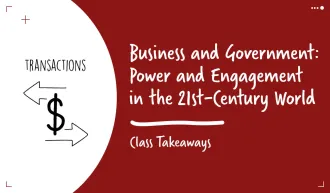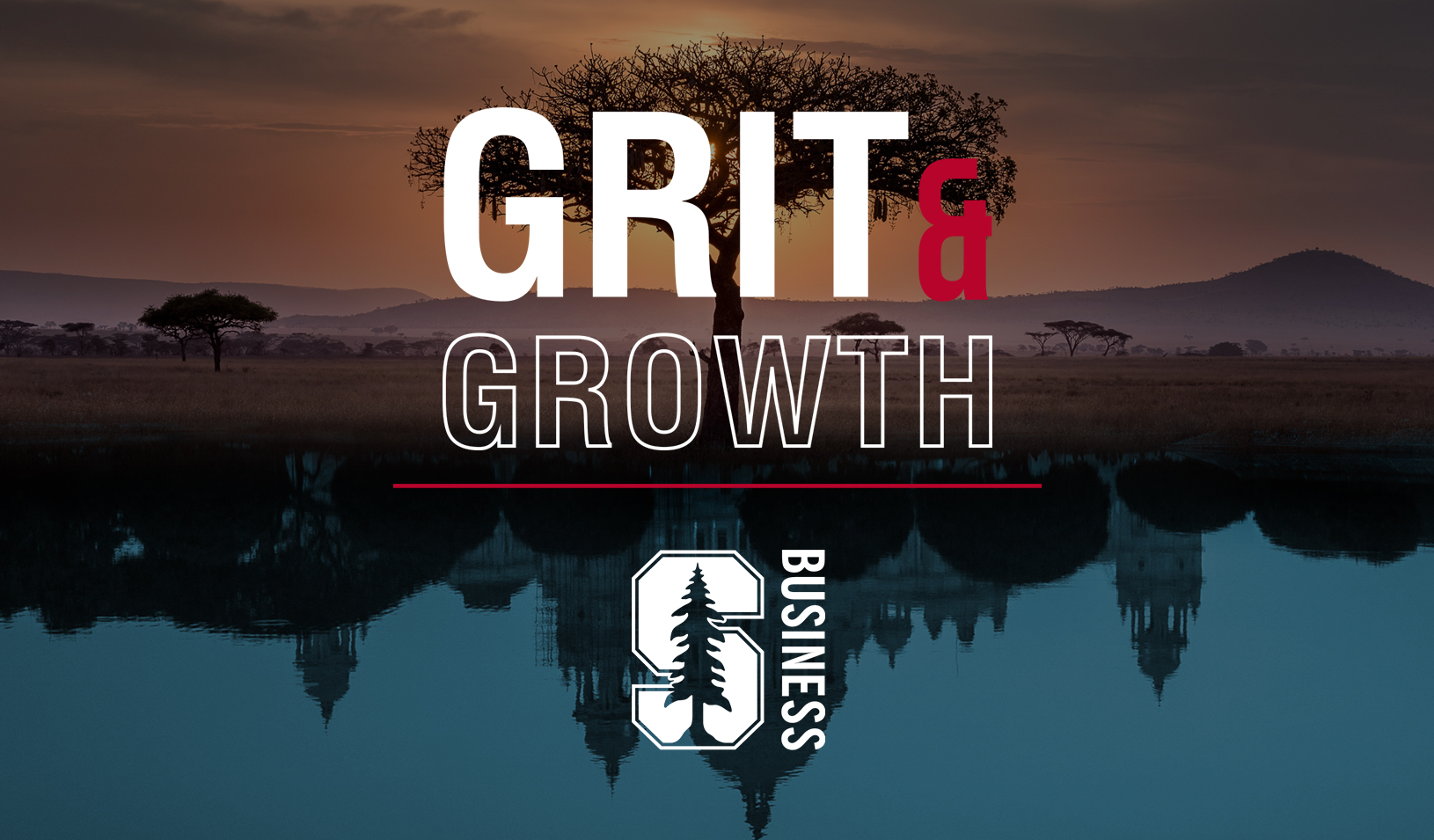
There is no formula for being a successful entrepreneur, but certain traits help. | Illustration by iStock/dane_mark
One of the dilemmas for many would-be entrepreneurs who think they have found an iteration of the next big thing is deciding how many people to share the idea with and when. They fear that someone with more resources might steal the idea, or that their concept in its early stages might be viewed as naïve or duplicative by potential investors.
But when Brian Helmick was trying to start a human resources platform for startups, the answer to that question was simple: Tell everybody and anybody. “There are so many situations where I looked back, and I said, [what] if I hadn’t had that conversation with that one random person that ended up, three or four steps later, leading to an introduction, a strategic partnership,” he says.

Algentis, the company Helmick founded in 2006, a year after receiving his MBA from Stanford Graduate School of Business, was acquired in late 2014 by Hub International for an undisclosed amount. While visiting Stanford GSB in May to present at a symposium sponsored by the school’s Center for Entrepreneurial Studies, Helmick sat down for an interview with Stanford Business to talk about what makes a successful entrepreneur. Although he says there’s no formula for creating a profitable startup, here are some of his tips for success:
Don’t Get Too Comfortable
Helmick says one of the best pieces of advice he ever received was that if you are not ready to be uncomfortable, you’re not ready to be an entrepreneur. After all, being able to tolerate obstacles and ambiguity are a key to making it. “It shouldn’t be a question of if there’s going to be challenges. It’s just a question of what challenges are going to show up this week,’’ he says.
Temper Confidence with Humility
Company founders need the “grit” to persevere, stopping at nothing to get things done, he says. But those who overlook humility and empathy will fall short because being so allows businesses to make necessary corrections. “You’ll listen, because you’ll need to adapt many times.”
Listen to Your Employees
Empathy can also help a founder set the tone and establish the culture at a startup. He says he frequently tells his employees that this is their company, so they need to tell him what kind of place they want to work in. When they do tell you, it is important to listen. For example, when Helmick first started Algentis, the company was tight on cash so he bought the cheapest cups for the water cooler that he could find. Before long, Helmick says, one of his employees approached him and said, “Hey, I know you said you want open feedback, but these red Solo cups look like it’s a frat party in here, even though there’s no beer in the cups.” The next order of cups was clear plastic.
Leadership Matters
The personal habits of a founder can also impact the company culture. If senior leaders arrive at the office at 5 a.m. every day, they’ve set the tone and schedule for the remaining employees without ever having to say a word. Being conscious of such implications can help the management team determine which traits are helpful to the type of business it is trying to build and which are counterproductive, he says.
Prioritize
Be thoughtful but realistic about how you spend your time. Helmick says it is an entrepreneur’s most valuable resource, so when you look at your week, it’s as important to determine which items are not going to get done as those that are. An entrepreneur must be ready to say to him or herself, “All right, here are the six things that I have to get done this week. Now which three am I not going to get done because there’s going to be surprises along the way?”
Think Smaller
Finding the next big thing is hard, and Helmick says there’s too much focus on the next billion-dollar company. Instead, he says, look to the many $10 million to $25 million opportunities. They require a lot less capital, he says, “and, between you and me, it’s a lot easier to execute on that.”
For media inquiries, visit the Newsroom.






